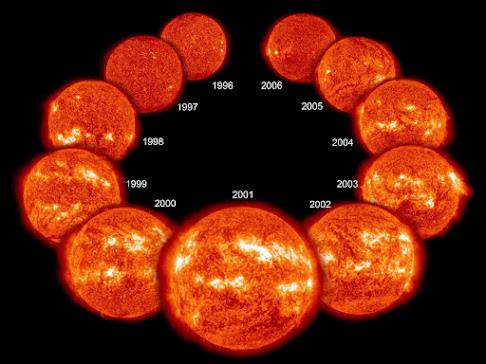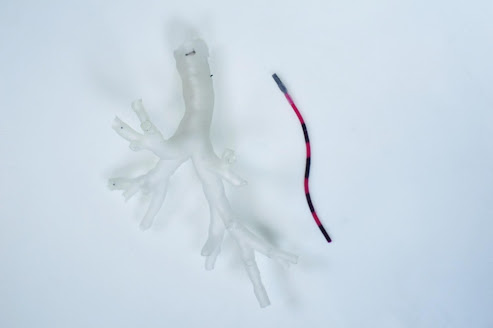Biologists and physicists at Lawrence Berkeley National Laboratory (Berkeley Lab) have teamed up to create new opportunities for cancer treatment using laser-generated proton beams.
The ongoing project seeks to adapt the nascent technology of laser-driven ion accelerators – which are as cool as they sound – to make a more effective type of radiation therapy more readily available to patients.
“Proton therapy centers are large, expensive facilities, so they are limited around the world,” said co-lead author Antoine Snijders, a cancer researcher and senior scientist in the Biological Sciences and Engineering (BSE) Division. “There is currently limited geographic distribution and access to proton therapy worldwide. The way to get broader access, and potentially lower costs, is to reduce the cost and footprint of these types of facilities. And that means we need more compact sources of ions for proton accelerators.”
Scientists are also investigating the potential benefit of using these accelerators to deliver proton beam radiation therapy at ultrahigh doses within extremely short exposure times – a technology called FLASH radiotherapy. Though the approach remains experimental for now, FLASH radiotherapy could change the landscape of radiation oncology. “If our work could also bring FLASH radiotherapy to patients, it could be the best of both worlds,” Snijders added.

01.jpg)
















.jpg)